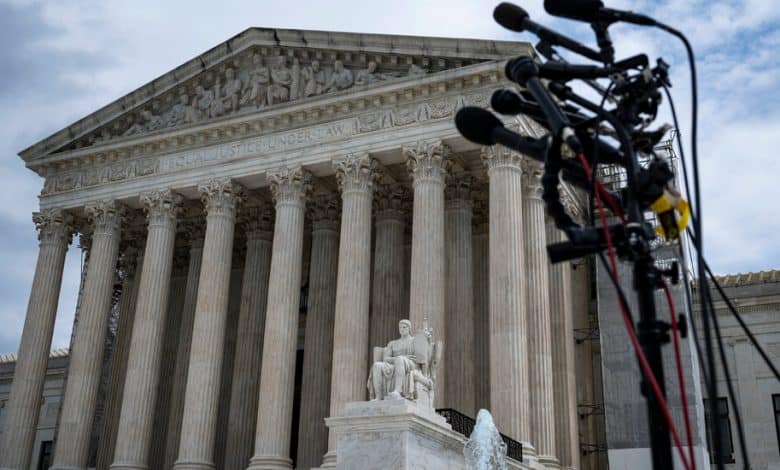Justice Alito Is Holding Trump to a Different Standard

I mentioned it in passing in my Friday column, but I was struck — disturbed, really — by one specific point made by Justice Samuel Alito during Thursday’s oral arguments in Trump v. United States.
Alito began innocuously enough: “I’m sure you would agree with me that a stable democratic society requires that a candidate who loses an election, even a close one, even a hotly contested one, leave office peacefully if that candidate is the incumbent.”
“Of course,” answered Michael Dreeben, the lawyer arguing the case for the Department of Justice.
“Now,” Alito continued, “if an incumbent who loses a very close, hotly contested election knows that a real possibility after leaving office is not that the president is going to be able to go off into a peaceful retirement but that the president may be criminally prosecuted by a bitter political opponent, will that not lead us into a cycle that destabilizes the functioning of our country as a democracy?”
The implication of Alito’s question is that presidential immunity for all official acts may be a necessary concession to the possibility of a politically motivated investigation and prosecution: Presidents need to be above the law to raise the odds that they follow the law and leave office without incident.
If this sounds backward, that’s because it is.
There have been, in the nearly 236 years since Americans ratified the Constitution, 45 presidents. Of those, 10 sought but did not win re-election. In every case but one, the defeated incumbents left office without incident. There was no fear that they would try to overturn the results or subvert the process, nor was there any fear that their successors would turn the power of the state against them. Thomas Jefferson did not try to jail John Adams after the close-fought 1800 election; he assured the American people that “we are all republicans, we are all federalists.” Jimmy Carter did not sic the F.B.I. on Gerald Ford in the wake of his narrow victory; he thanked him for “all he has done to heal our land.”
By Alito’s lights, this should not have been possible. Why would a president leave if he could be prosecuted as a private citizen? The answer is that the other nine people who lost had a commitment to American democracy that transcended their narrow, personal or partisan interests.
